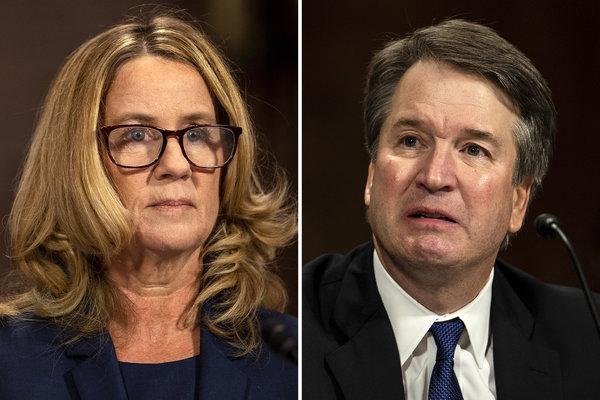×
The Standard e-Paper
Home To Bold Columnists

Fighting to salvage his U.S. Supreme Court nomination, Brett Kavanaugh angrily denied on Thursday a university professor’s accusation that he sexually assaulted her 36 years ago in a day of dramatic testimony that gripped the country.
Christine Blasey Ford, her voice sometimes cracking with emotion, appeared in public for the first time to detail her allegation against Kavanaugh, a conservative federal appeals court judge chosen by President Donald Trump for a lifetime job on the top U.S. court.